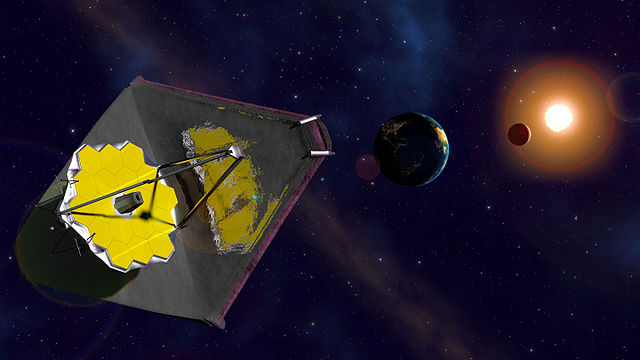
Bijan Nemati on What the James Webb Telescope May Discover
Today’s ID the Future explores with physicist and space telescope expert Bijan Nemati the amazing discoveries that may await us when the singularly powerful James Webb space telescope goes on line in summer 2022. Nemati and host Jay Richards, co-author of The Privileged Planet, discuss the telescope’s ability to see far deeper into space than any previous telescope, and further into the past. If all goes well it will be able to see so far into the past, Nemati says, that we will get glimpses of the universe close to when galaxies were first forming, not long after the Big Bang. These glimpses may confirm our most current ideas of early cosmic history and galaxy formation, or turn them on their head. Nemati also explains how the new space telescope, already launched and arrived at its orbital point in space, will provide us potentially exciting new information about extrasolar planets. What are the telescope’s strengths and weaknesses, and are there any other telescopes in the works to complement the Webb telescope? As a matter of fact, Nemati himself is working on one of those future telescopes, and he gives Richards and podcast listeners a sneak peek at the project.




